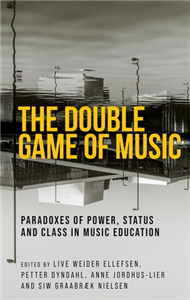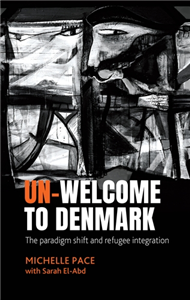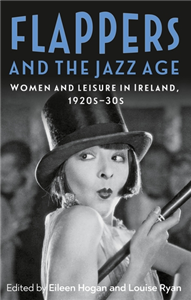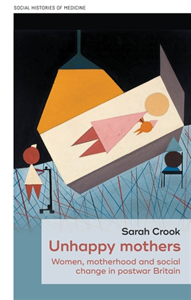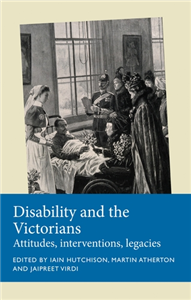June ist aufgeregt und nervös zugleich: Kian, ihr bester Freund aus der Schulzeit, kehrt nach sieben Jahren aus Australien zurück und zieht zu ihr in die WG. Beide haben sich verändert – Kian ist nicht mehr der pummelige Junge von damals, sondern ein attraktiver Mann mit Muskeln und Tattoos, und June, die einst lebhaft und selbstbewusst war, ist nun schüchtern und zurückhaltend. Trotz der Zeit, die sie getrennt verbracht haben, und der Veränderungen, die sie durchgemacht haben, ist die Anziehung zwischen ihnen sofort spürbar. Doch es ist nicht einfach, dort weiterzumachen, wo sie aufgehört haben. Die Vergangenheit und ihre Geheimnisse werfen lange Schatten auf die Gegenwart, und June findet sich hin- und hergerissen zwischen ihren wachsenden Gefühlen für Kian und der Angst vor den Schatten, die ihre gemeinsame Vergangenheit auf ihre mögliche Zukunft wirft.
Als Kian beginnt, sich in Junes Alltagsleben zu integrieren, flammen alte Gefühle wieder auf, und es entsteht eine zarte Romanze, die jedoch von Unsicherheiten und unausgesprochenen Wahrheiten belastet wird. Beide müssen lernen, mit ihren veränderten Selbstbildern umzugehen und herausfinden, ob ihre Beziehung stark genug ist, um die Geheimnisse der Vergangenheit zu überwinden. Ihre Reise ist geprägt von Momenten intensiver Nähe und Vertrautheit, aber auch von Missverständnissen und Konflikten, die aus dem mangelnden Mut resultieren, offen miteinander zu kommunizieren. June und Kian stehen vor der Herausforderung, nicht nur sich selbst und ihre Beziehung zueinander neu zu definieren, sondern auch zu entscheiden, wie viel sie bereit sind, für eine gemeinsame Zukunft zu riskieren.
Fesselnde, emotionale Liebesgeschichte von June und Kian, die nach Jahren der Trennung wieder zueinanderfinden. Ihre neu entflammten Gefühle stellen sie vor große Herausforderungen und Entscheidungen.
Erlebe, wie sich die Hauptcharaktere von ihrer Vergangenheit lösen und durch ihre Erlebnisse wachsen. June und Kian zeigen, dass wahre Liebe Mut zur Veränderung und Offenheit erfordert.
Die Autorin Jette Menger entführt die Leser in eine Welt voller intensiver Gefühle, geheimer Wünsche und der Sehnsucht nach Verständnis und Akzeptanz.
Spannendes Setting in der malerischen Stadt Bath bildet die perfekte Kulisse für diese berührende Geschichte, in der alte Freundschaften neu entdeckt und verborgene Geheimnisse aufgedeckt werden.
Das ständige Hin und Her zwischen Annäherung und Rückzug hält die Spannung bis zum Schluss aufrecht und spiegelt die Komplexität menschlicher Beziehungen wider.
Neben der Liebesgeschichte werden wichtige Themen wie Selbstfindung, Verarbeitung von Vergangenheitstraumata und die Bedeutung echter Freundschaft behandelt.
Geschrieben aus zwei Perspektiven bietet die Geschichte einen tiefen Einblick in die Gedanken- und Gefühlswelt beider Protagonisten, was sie besonders authentisch und nachvollziehbar macht.
Auftakt einer mitreißenden Reihe: "Know Us 1. Know me again" ist der Beginn einer Reihe, die Lust auf mehr macht und Leser*innen gespannt auf die Fortsetzungen warten lässt.
Ideal geeignet für Leser*innen, die komplexe Charakterbeziehungen, emotionale Achterbahnfahrten und herzzerreißende Momente lieben.






